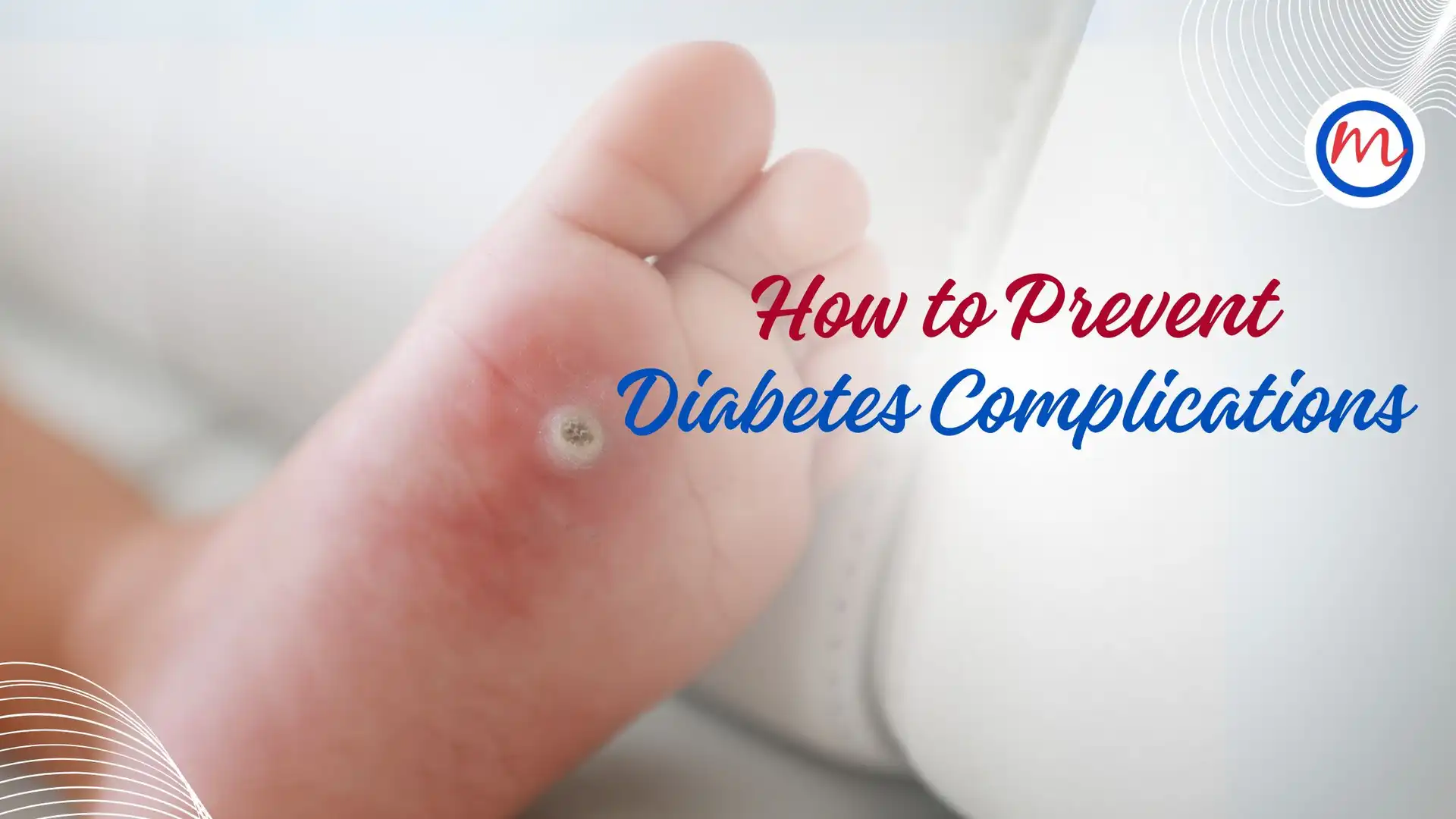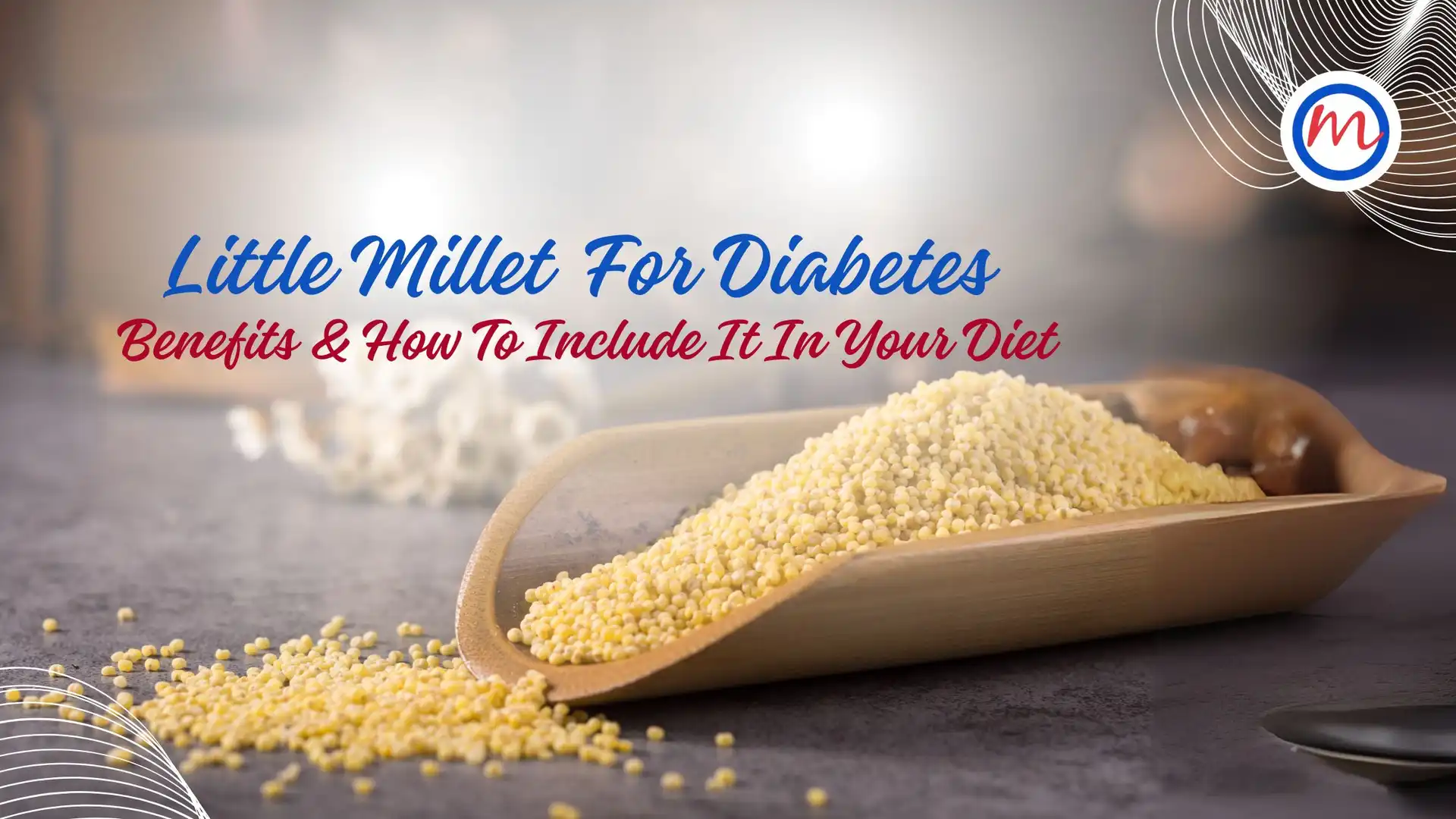If you have diabetes, take a teaspoon of cinnamon. Sprinkle it over your morning oatmeal. Or, stir it into your coffee. And wait for the magic to happen. The sweet-smelling spice will lower your blood glucose level, both fasting and after meals. And if you include it in your dietary pattern, it will help you prevent future health complications.
The pursuit of scientists to prevent and cure diseases leads to the usage of natural compounds of potential beneficial effect into dietary patterns, in a sustainable way and on a sound scientific basis. Cinnamon belongs to one such group of potent compounds, that can improve quality of life, especially for people with high blood sugar and its destructive consequences.
We are talking of polyphenols, a large group of micronutrients mainly found in plants. Several recent studies have revealed the possible beneficial effects of polyphenols on human health. Their presence seems to bring down various disease-causing symptoms.
Our purpose here is to curate information about polyphenols and their potential in controlling the most serious health concerns of modern times: Diabetes and obesity. Both are strongly associated with poor food choices and physical inactivity. They also unlock the emergence of a number of diseases—from heart problems to different types of cancers.
New buzz over polyphenols
There’s a new buzz over polyphenols. Research in the last year has shown that they may play a potential role in controlling the Coronavirus pandemic sweeping the world. A high intake of polyphenols can induce a protective effect on patients with Covid-19 and prevent disease progression, according to the new researcher.
Polyphenols are present abundantly in our diet. In recent years, there has been much interest in their health benefits. Studies strongly suggest that long-term consumption of diets rich in polyphenols offers protection against a range of diseases. Of particular interest has been their action on diabetes. So what exactly are polyphenols? Let us find out why you need them, especially if you have diabetes.
What are polyphenols?
Polyphenols are naturally occurring compounds found largely in fruits, vegetables, herbs, spices, cereals, nuts, seeds, legumes and beverages. They are the most abundant sources of antioxidants in our diet. And they contribute to the bitterness, astringency, colour, flavour and odour.
There are more than 8,000 natural polyphenols in the plant kingdom. Polyphenols, such as flavonoids, phenolic acid, and stilbenes, are a large and varied group of plant-based foods. An intake of above 600 mg/d of polyphenols within a healthy dietary pattern, rich in fruits and vegetables is recommended.
Some of the foods rich in polyphenols are clove, peppermint, cocoa powder and dark chocolate. Fruits like grapes, appless, pears and berries contain up to 200–300 mg polyphenols per 100 grams. A cup of tea or coffee contains about 100 mg polyphenols. Cereals, dry legumes and chocolate also contribute to our polyphenolic intake.
The following is a quick and easy list of polyphenols sources in our diet:
-Fruits: oranges, apples, grapes, pomegranate juice, black Jamun, cranberries, plums, apricots, in all red fruits
-Vegetables: spinach, onions, potatoes, black and green olives, broccoli, carrots
-Whole grains: whole grain wheat and oat flours
-Nuts, seeds, legumes: roasted soybeans, black beans, white beans, almonds, walnuts, flaxseed
-Beverages: coffee, black and green tea, red wine
-Fats: dark chocolate, virgin olive oil, sesame seed oil
-Spices and seasonings: unprocessed cocoa powder, saffron, turmeric, dried oregano, rosemary, thyme, basil, ginger, cumin, cinnamon, soy sauce
Polyphenols and human health
Polyphenols have been found to protect the skin from adverse effects of ultraviolet (UV) radiation. They are gaining a lot of attention from pharmaceutical and healthcare industries due to their antimicrobial and antiviral activities.
In the last decade, there has been much interest in their potential as antioxidants, protective against chronic diseases: cancers, heart disease, diabetes, osteoporosis, neurodegenerative diseases, infections, aging, asthma and many more.
Polyphenols are also potent compounds with anti-inflammatory properties. Inflammation is a natural defense mechanism of the body: against microbial and viral infections, exposure to allergens, radiation and toxic chemicals, autoimmune and chronic diseases, obesity, consumption of alcohol, tobacco use, and a high-calorie diet.
Emerging evidence shows that polyphenols are great for our health because they:
- Lower cholesterol
- Lower blood pressure
- Improve heart and artery function
- Improve learning and memory processes
- Act as a pain reliever
- Reduce the risk of developing type 2 diabetes
- Combat cell damage and inflammation
- Has a role in obesity regulation
- Fight against ultraviolet rays and radiation
- Protect against certain cancers
- Impact genes and gene expression
- Check age-related cognitive changes
- Increase life span
Effective against diabetes
Diabetes is a multifactorial disease, that results from a combination of genetic, environmental and lifestyle risk factors. Of the various risk factors of diabetes, such as advanced age, family history, unbalanced diet, physical inactivity, metabolic diseases and smoking, diet is the most easily modifiable. This has led to an increasing search for natural compounds that not only protect but are also able to curb some of its main symptoms.
In recent years, research on polyphenols and diabetes has rapidly increased. It has been demonstrated that diets rich in polyphenols play a beneficial role and are inversely proportional to the incidence of diabetes. Polyphenols, it seems, have preventive as well as therapeutic potential: these compounds not only reduce the risk but also delay the development of diabetes.
The polyphenols that work
Growing evidence indicates that various dietary polyphenols influence blood glucose. Here are a few polyphenols found in common foods and their possible effect on blood glucose:
Curcumin
It is the polyphenol in the turmeric plant, the main component of the Indian curry spice. It is known for anti-inflammatory, antioxidant and anticarcinogenic effects. Recent clinical trials show that it improves insulin resistance and hyperglycemia (high blood sugar), can repress inflammation and obesity and improve the chronic condition in diabetes.
Resveratrol
It’s a polyphenol produced by many plants including grapes, peanuts and berries. Resveratrol has antioxidant and anti-inflammatory effects. It helps in weight reduction, brings down insulin resistance, increases pancreatic β-cell function.
Cinnamon
Cinnamon decreases fasting blood glucose levels, slows the rate of stomach emptying after eating, decreases the rise in blood sugar levels after meals. Even less than half a teaspoon a day reduces the blood sugar levels of people with type 2 diabetes.
Quercetin
The polyphenol in onion is known to possess strong anti-diabetic activity. It has been shown to help lower blood sugar in people with risk factors for metabolic syndrome, decrease the seriousness of neuropathy and improve quality of life.
Catechin
Found in cocoa and green tea, positively affects inflammatory diseases, such as obesity and Type 2 diabetes. It has been found to reduce waist circumference, body weight, fat mass, body mass index, blood pressure and LDL “bad” cholesterol; decreases postprandial glucose concentrations.
Need a few extra tips? Quick and easy sources for Indians:
- Cloves
- Cinnamon
- Basil
- Coffee
- Green tea
A word of warning
1) Excessive amounts may have adverse effects. Best to have polyphenols in their natural form instead of as supplements. Many studies on polyphenols have been sponsored by food companies.
2) The polyphenol content of foods is strongly influenced by the methods of food preparation, the process of peeling of fruits and vegetables, the process of heating



